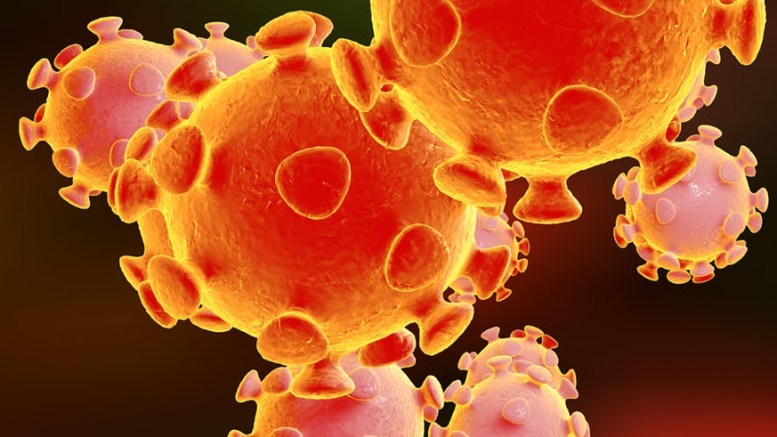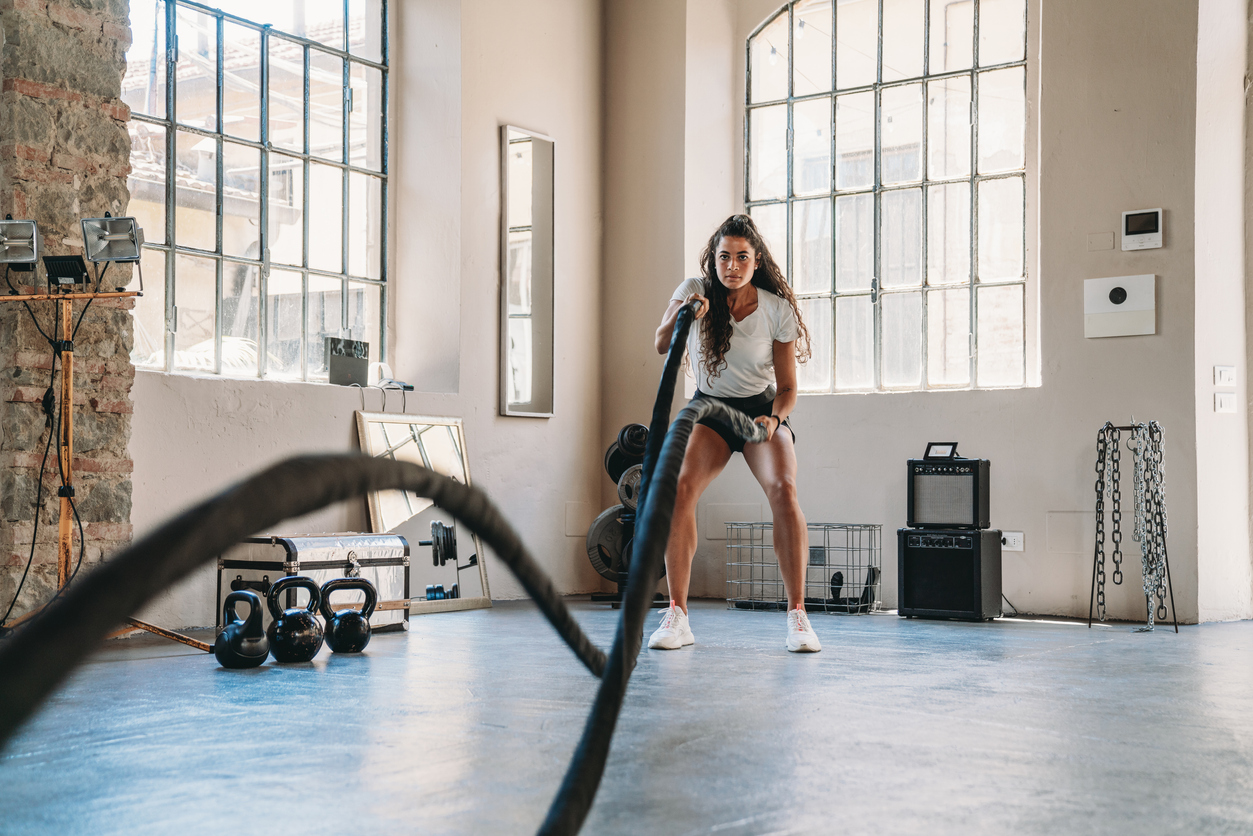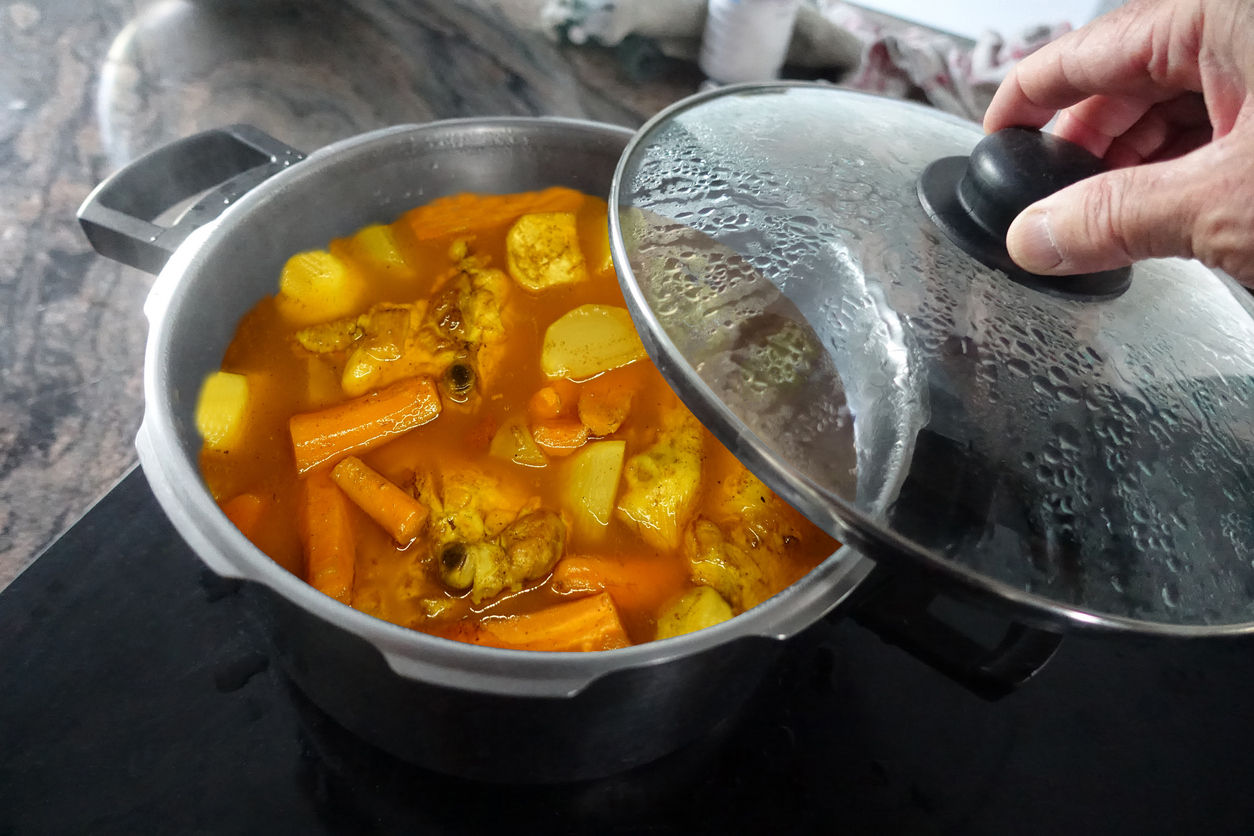With the COVID-19 situation growing increasingly scary every day, you may have questions about who is at risk and what should you do to keep yourself and your family safe. While there is a lot that remains unknown about the virus, we’ve rounded up the most vital information.
What is COVID-19?
The novel coronavirus, named SARS-CoV-2, is a previously unknown strain of coronavirus that causes a range of respiratory symptoms. The disease that it causes is called COVID-19, with 19 representing the year it was discovered. Unlike typical coronaviruses, the hallmark symptoms of COVID-19 are fever, cough, and shortness of breath, however there are less common symptoms such as losing sense of taste or smell, abdominal pain, and muscle aches. The symptoms may appear two to 14 days after exposure. Learn about the COVID-19 symptoms in women specifically in other health articles.
How Does COVID-19 Spread?
COVID-19 spreads through respiratory droplets when an infected person sneezes or coughs. Droplets usually fall to the ground within seconds and can survive on hard surfaces for days. Aerosolised particles, however, can remain in air up to three hours but are usually not produced unless someone is undergoing an aerosolizing procedure (i.e., intubation). While surgical masks can protect you from droplets, they do not protect against the aerosolised particles. N95 masks will protect you from aerosolised particles that are larger than one micron, however note that there are a lot of fake N95 masks out there. N95 masks should be reserved for healthcare workers primarily.It is also possible to contract the virus by touching surfaces where the virus lands on, and then touching your mouth, nose, or eyes. Did you know that the novel coronavirus can live on hard surfaces for five to eight days?
How Can You Keep You and Your Family Safe from Coronavirus?
• To keep the virus from spreading, make it a habit to wash your hands thoroughly for at least 20 seconds with soap and water. Do it every time you use the restroom, travel, or touch objects like door handles and railings in public areas.• Viral infections can spread when you touch your eyes nose and mouth after coming in contact with surfaces that could be contaminated with pathogens. So being mindful of touching your face can be a suitable defense mechanism against coronavirus.• Using masks can reduce your risk of contracting the virus in case someone around you sneezes or coughs.• If you are experiencing symptoms, you should stay home and consult with a doctor remotely. Avoid stepping out until the risk of the transmission of the virus is low.• If you or a loved one are experiencing severe symptoms such as trouble breathing, persistent pain or pressure in the chest, or bluish lips or face, or new confusion / aggression seek medical attention immediately (Source: CDC)• Also, ensure that you disinfect any surfaces after returning from travel, even if it is a visit to the grocery store. Use an alcohol-based wipe or put some isopropyl alcohol (at least 70% alcohol) on a tissue paper, to clean your phone, purse, earphones and other items you touched while you were outside the house. Disinfecting surfaces like your desk is also imperative before you touch them.
Why the Panic Around the Novel Coronavirus?
With millions infected and thousands killed, it is natural to panic about the COVID-19 pandemic. Within four months of the discovery of the novel coronavirus, it has spread rapidly to nearly every country in the world. But the positive aspect is that India acted quickly after learning from other hard-hit countries to enact social distancing, therefore controlling the rate of spread in the country.Plus, there is a lot of misinformation about how this virus spreads, which is the root cause of all the panic. Ditch random websites and get your information about COVID-19 from Veera, CDC or WHO.While scientists are struggling hard to find a vaccine at the earliest, there is no cure to coronavirus yet. Having said that, it is a viral infection and in the majority of cases, it is self-resolving like a viral flu. For some with other health problems or people above the age of 60 may have a more severe disease course. However, make sure you keep yourself and your family safe by obeying the social distancing guidelines, following hand hygiene, and staying up-to-date with the latest recommendations from your local authorities.
Disclaimer: Content on Veera is provided for informational purposes only and is not intended as medical advice, or as a substitute for medical advice given by a physician.
References:


















